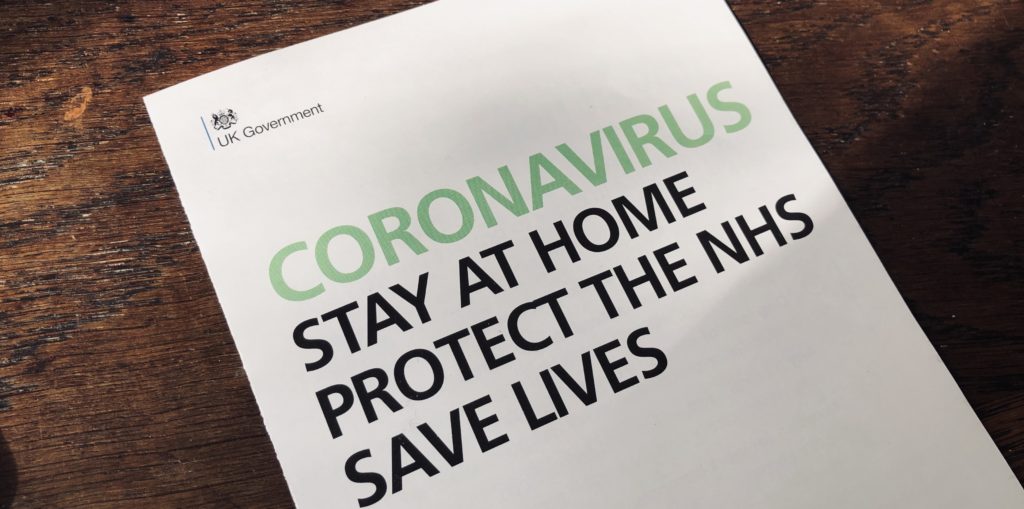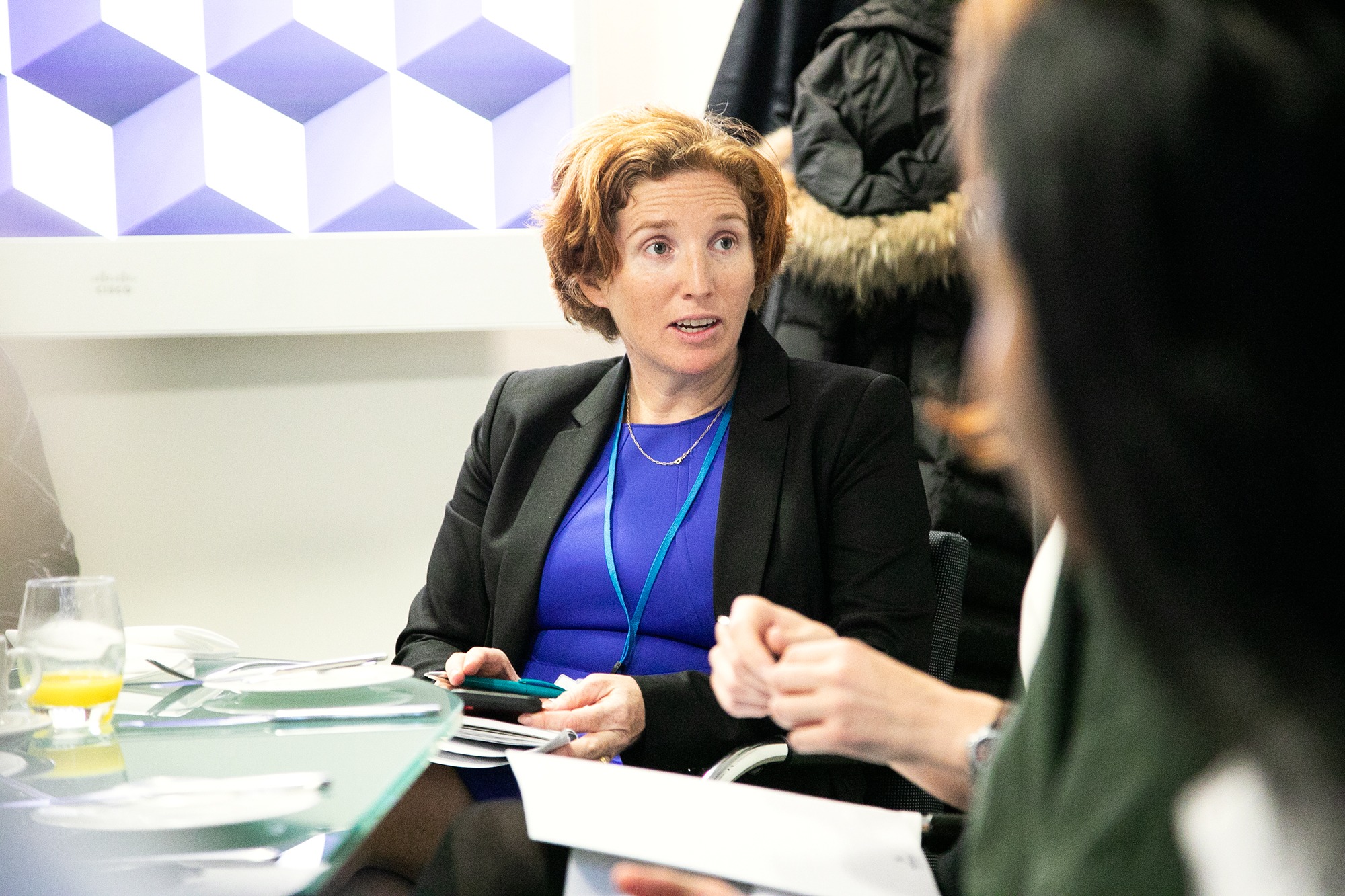
The pandemic has affected many sectors, LGPS among them. Aoifinn Devitt looks at developments and the options for investment managers, funds and pools.
Like any other institutional investor the pension funds of the LGPS will have watched the market turmoil of recent weeks with shock and dismay.
Many have only just achieved more comfortable funding levels—at, or above, 100% in some cases—and according to the structure of the fund, some will have recently been modelling a growing cashflow shortfall as the gap between contributions and pensions paid out grows
Keep in touch – register for Room151 treasury and finance meetings ONLINE
The trend of diversification away from equities was continuing with recent asset allocation shifts showing an uptick in interest in infrastructure, private credit, multi-asset credit, property and private equity, in descending order of importance.
For some funds this would have been achieved through rebalancing and taking profits on an equity allocation that has had a recent streak of excellent performance; for others it would have meant a more significant shift away from this asset class.
With the recent market corrections, the rebalancing of equity portfolios may have been rendered a moot point and, although this has not yet been seen in valuations as they are not done on a mark-to-market basis, there are some large question marks over all of the so-called diversifiers.
Assets
Taking infrastructure first, airports and transport solutions were a cornerstone of these investments in recent years but the sharp halt in travel over the last month will have had a devastating impact on their business models, and it is impossible to model how cash flows and the future will look in the near term.
In the case of private credit, there is an expectation of a covenant forgiveness wave, and even an uptick in restructurings and defaults, although managers with some dry powder for distressed opportunities may currently be seeing abundant opportunities.
Multi-strategy credit funds will have been rocked by the steep fall in their indices (especially high yield), a wave of downgrades from investment grade to high yield, as well as unprecedented liquidity tightness. While the current dislocations may now present opportunities, the return profile of these solutions may look curious.
Within property, valuations have been thrown into disarray with poor visibility on revenues, shuttered shopping centres and empty office buildings with entire workforces now working remotely.
While the industrial segment is likely to thrive, the overall mix of most property portfolios is likely to contain more winners than losers at this juncture. Added to this is the fact that some high-profile property funds have already suspended redemptions, so pension fund clients may well be revising their thesis on diversification into property.
Finally, in private equity, the day of reckoning is somewhat of a lagging indicator in crises such as this, and there are historic levels of dry powder especially among the larger well-known funds. We have heard anecdotal evidence of more GPs calling capital, either to get ahead of the rush for capital or to shore up reserves to use as dry powder. Either way, it is likely to be only one of many “mouths to feed” faced by LGPS funds at this stage.
Cash flow
This brings me to the ever-important discussion of cash flow. In funds facing a structurally negative cash flow picture (where pension payments exceed contribution payments), this shortfall is usually covered easily by investment income such as rents on properties, interest on fixed income investments, and cash distributions from infrastructure, private equity and private credit funds.
Given the current level of uncertainty, some of these payments will be by no means certain, but there should be enough headroom built in to the cash flow waterfall to nonetheless cover the cash flow need at the fund level. During times of market volatility like this it is usually critical to avoid being a forced seller of assets.
A minority of funds may have held some “insurance” against a market downturn in the form of equity protection strategies. According to the size and nature of this protection, it may have provided a meaningful offset to some of the recent falls in asset value. The decision for those funds who had it in place will now shift to whether they need to maintain it at current market levels; for those who did not, it is likely to be far too expensive to put on now.
Pools
Turning to pools, these newly formed asset management companies are facing an unprecedented market crisis very early in their life cycle. In some cases teams are still being assembled and asset pools are still under construction. The underlying clients are at various stages of transition, but it is very much a work in progress.
So what now? It has been pleasing to see that the pools have executed a smooth transition to remote working like many others in the financial services industry. However, there are critical questions now around what transitions should take place or should be delayed. For example, does it make sense to make large transitions in such volatile markets?
There will be some commitments that would have been made from rebalancing that have now essentially evaporated, and this may lead some pooled vehicles to not be at critical mass. Overall, the emphasis at the current time should be on “communication, communication, communication” for pools to address their clients’ concerns around performance, funding levels, cash flows and a path for the future.
Funds
This mantra of “communication, communication, communication” is also key for the pension funds themselves. This is a time to reach out to advisors, consultants and actuaries for insights on strategy and markets.
The risk-register will no doubt need to be updated to reflect the risks presented by Covid-19. It is also critical to keep the responsible investment programs alive and to see whether the current crisis can create more opportunities—whether in renewable energy or companies that have used this time to shore up their social responsibility.
Other challenges funds will face will be with employers, who, as they wrestle with the crisis may struggle to make contributions or at least some of the deficit recovery contributions that have been more common lately.
There will also be logistical difficulties in converting pensions administration businesses to remote working style and the fact that committee meetings may no longer be held in person. There may need to be a delegation of decision-making authority over the medium-term, and while highly tactical trading positions are unlikely to be advised at this time, there may be a need to move nimbly according to the challenges presented.
Aoifinn Devitt is an independent investment adviser and chair of the Room151 LGPS Asset Allocation Forum on November 7.













